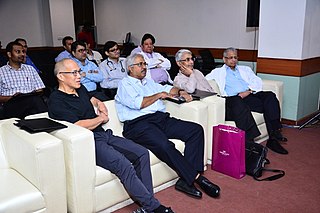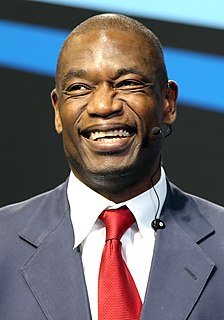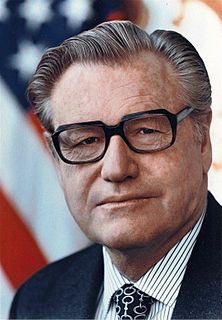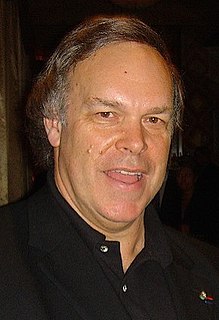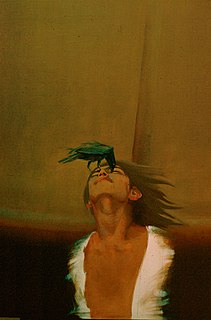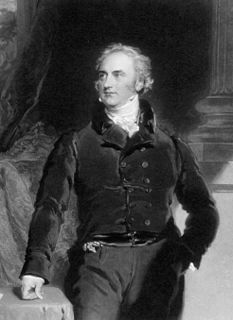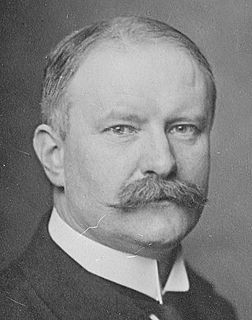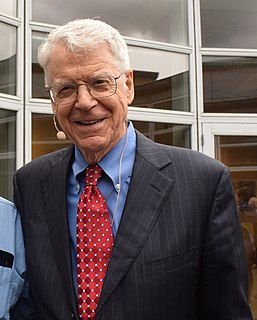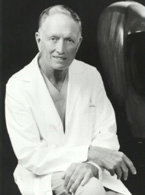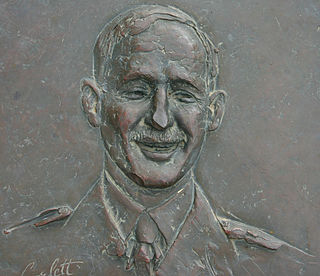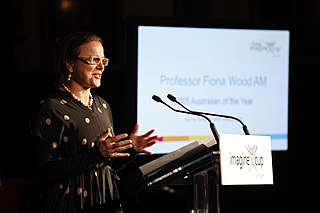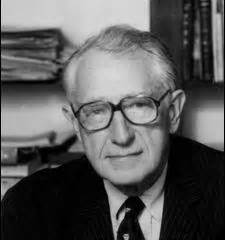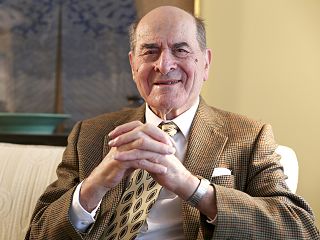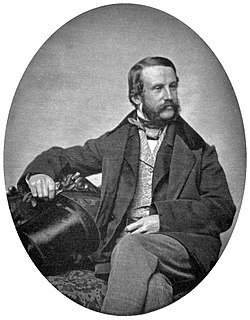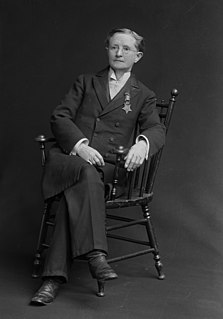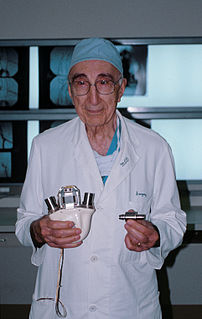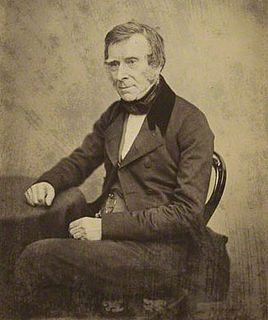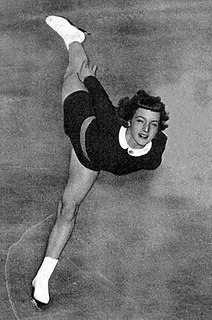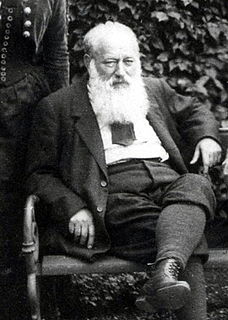A Quote by Wilfred Trotter
The ordinary patient goes to his doctor because he is in pain or some other discomfort and wants to be comfortable again; he is not in pursuit of the ideal of health in any direct sense. The doctor on the other hand wants to discover the pathological condition and control it if he can. The two are thus to some degree at cross purposes from the first, and unless the affair is brought to an early and happy conclusion this diversion of aims is likely to become more and more serious as the case goes on.
Quote Topics
Affair
Again
Aims
Any
Because
Become
Brought
Case
Comfortable
Conclusion
Condition
Control
Cross
Degree
Direct
Discomfort
Discover
Diversion
Doctor
Early
First
Goes
Goes On
Hand
Happy
Health
His
Ideal
Likely
More
More And More
Ordinary
Other
Pain
Pathological
Patient
Purposes
Pursuit
Sense
Serious
Some
Thus
Two
Unless
Wants
Related Quotes
The Doctor: This is bad, I don't like this. [kicks console and yells in pain] Never use force, you just embarrass yourself. Unless you're cross, in which case... always use force! Amy: Shall I run and get the manual? The Doctor: I threw it in a supernova. Amy: You threw the manual in a supernova? Why? The Doctor: Because I disagreed with it! Now stop talking to me when I'm cross!
Doctor Johnson said, that in sickness there were three things that were material; the physician, the disease, and the patient: and if any two of these joined, then they get the victory; for, Ne Hercules quidem contra duos [Not even Hercules himself is a match for two]. If the physician and the patient join, then down goes the disease; for then the patient recovers: if the physician and the disease join, that is a strong disease; and the physician mistaking the cure, then down goes the patient: if the patient and the disease join, then down goes the physician; for he is discredited.
Some read for style, and some for argument: one has little care about the sentiment, he observes only how it is expressed; another regards not the conclusion, but is diligent to mark how it is inferred; they read for other purposes than the attainment of practical knowledge; and are no more likely to grow wise by an examination of a treatise of moral prudence, than an architect to inflame his devotion by considering attentively the proportions of a temple.
If people are highly successful in their professions they lose their sense. Sight goes. They have no time to look at pictures. Sound goes. They have no time to listen to music. Speech goes. They have no time for conversation. Humanity goes. Money making becomes so important that they must work by night as well as by day. Health goes. And so competitive do they become that they will not share their work with others though they have more themselves. What then remains of a human being who has lost sight, sound, and sense of proportion? Only a cripple in a cave.

